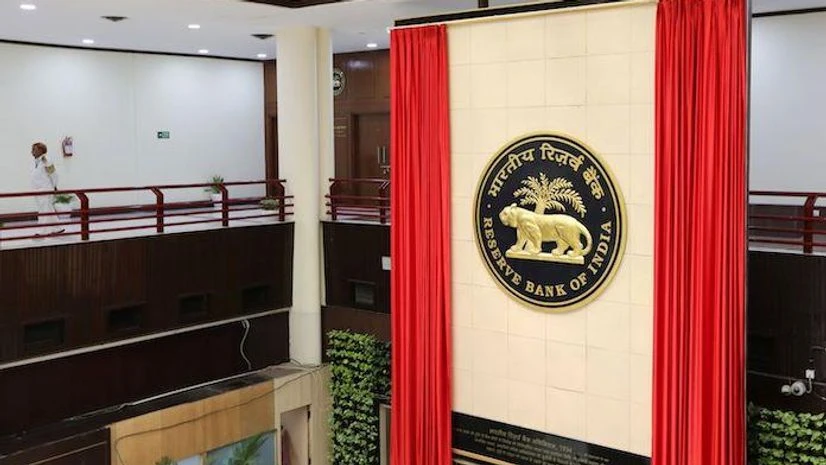The Reserve Bank has decided to review and strengthen the Risk Based Supervision (RBS) of the banking sector with a view to enable financial sector players to address the emerging challenges.
The RBI uses the RBS model, including both qualitative and quantitative elements, to supervise banks, urban cooperatives banks, non-banking financial companies and all India financial institutions.
"It is now intended to review the supervisory processes and mechanism in order to make the extant RBS model more robust and capable of addressing emerging challenges, while removing inconsistencies, if any," the RBI said while inviting bids from technical experts/consultants to carry forward the process for banks.
In case of UCBs and NBFCs, the Expression of Interest (EOI) for 'Consultant for Review of Supervisory Models' said the supervisory functions pertaining to commercial banks, UCBs and NBFCs are now integrated, with the objective of harmonising the supervisory approach based on the activities/size of the supervised entities (SEs).
"It is intended to review the existing supervisory rating models under CAMELS approach for improved risk capture in forward looking manner and for harmonising the supervisory approach across all SEs," it said.
Also Read
Annual financial inspection of UCBs and NBFCs is largely based on CAMELS model (Capital Adequacy, Asset Quality, Management, Earnings, Liquidity, and Systems & Control).
The RBI undertakes supervision of SEs with the objective of assessing their financial soundness, solvency, asset quality, governance framework, liquidity, and operational viability, so as to protect depositors' interests and financial stability.
The Reserve Bank conducts supervision of the banks through offsite monitoring of the banks and an annual inspection of the banks, where applicable.
In case of Urban Cooperative Banks (UCBs) and NBFCs, it conducts the supervision through a mix offsite monitoring and on-site inspection, where applicable.
A technical advisory group consisting of senior officers of the RBI would examine the documents submitted by the applicants in connection with EOI.
EOI said the consultant would be required to work in close co-ordination with officers of RBI's Department of Supervision in Mumbai.
(Only the headline and picture of this report may have been reworked by the Business Standard staff; the rest of the content is auto-generated from a syndicated feed.)

)
